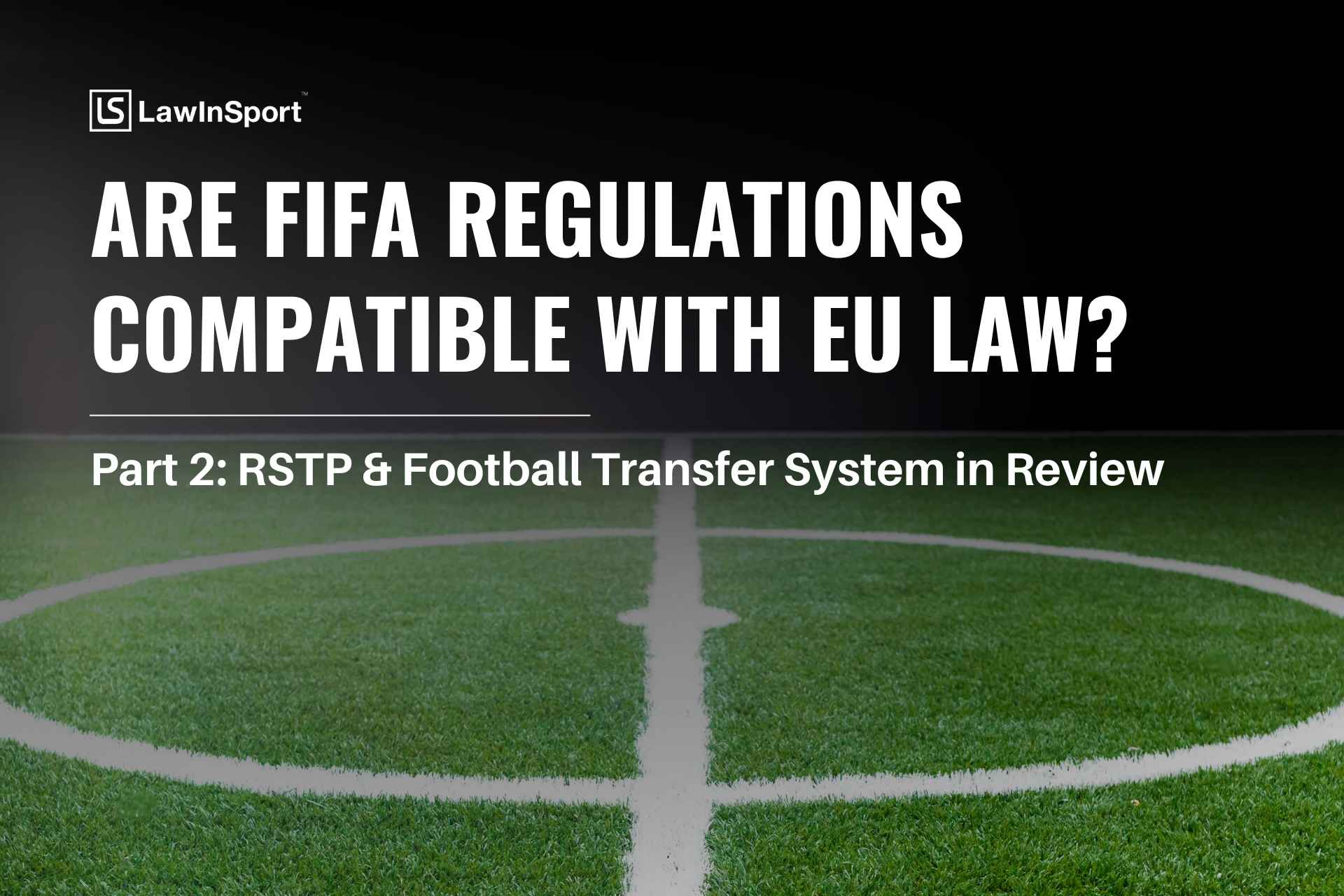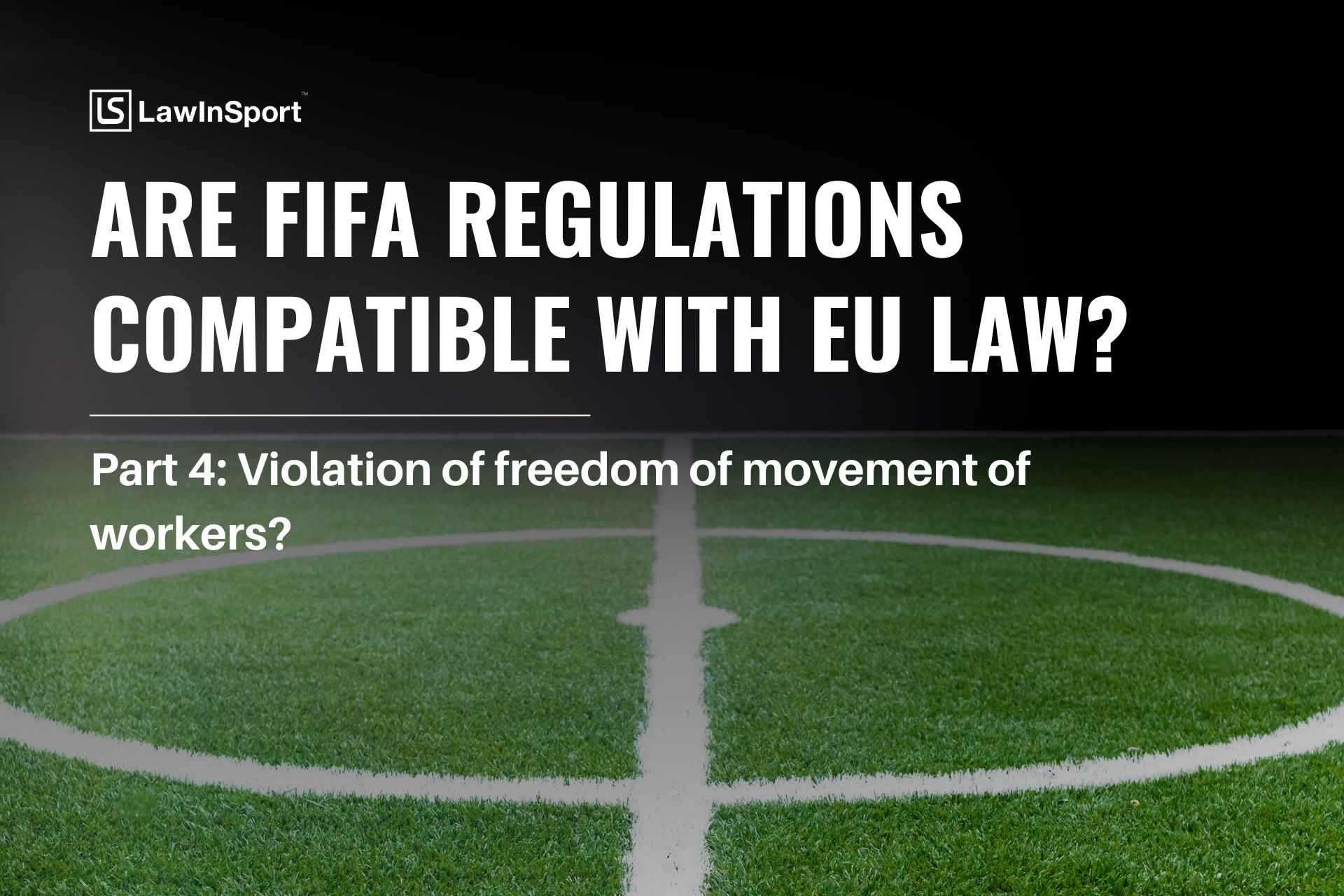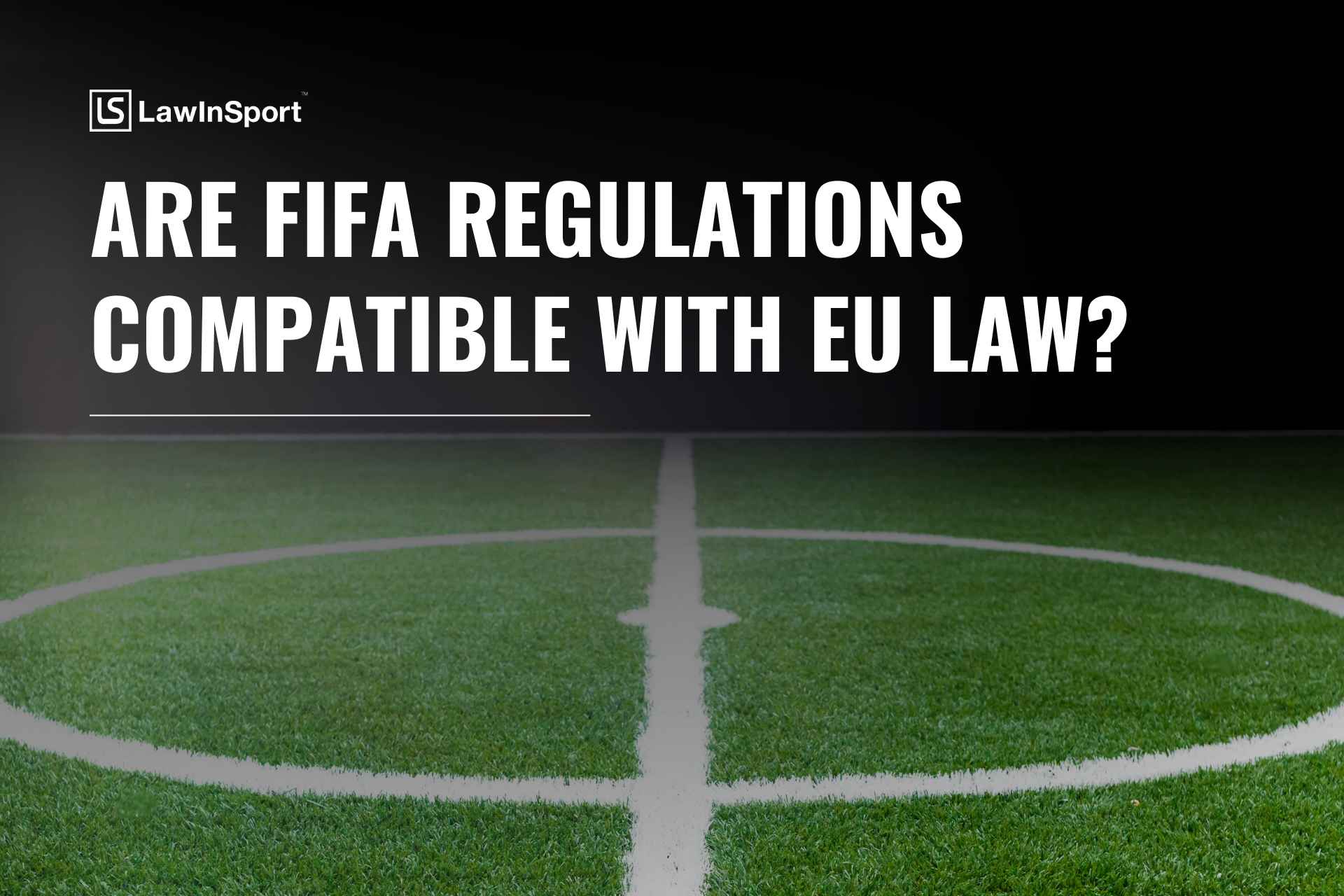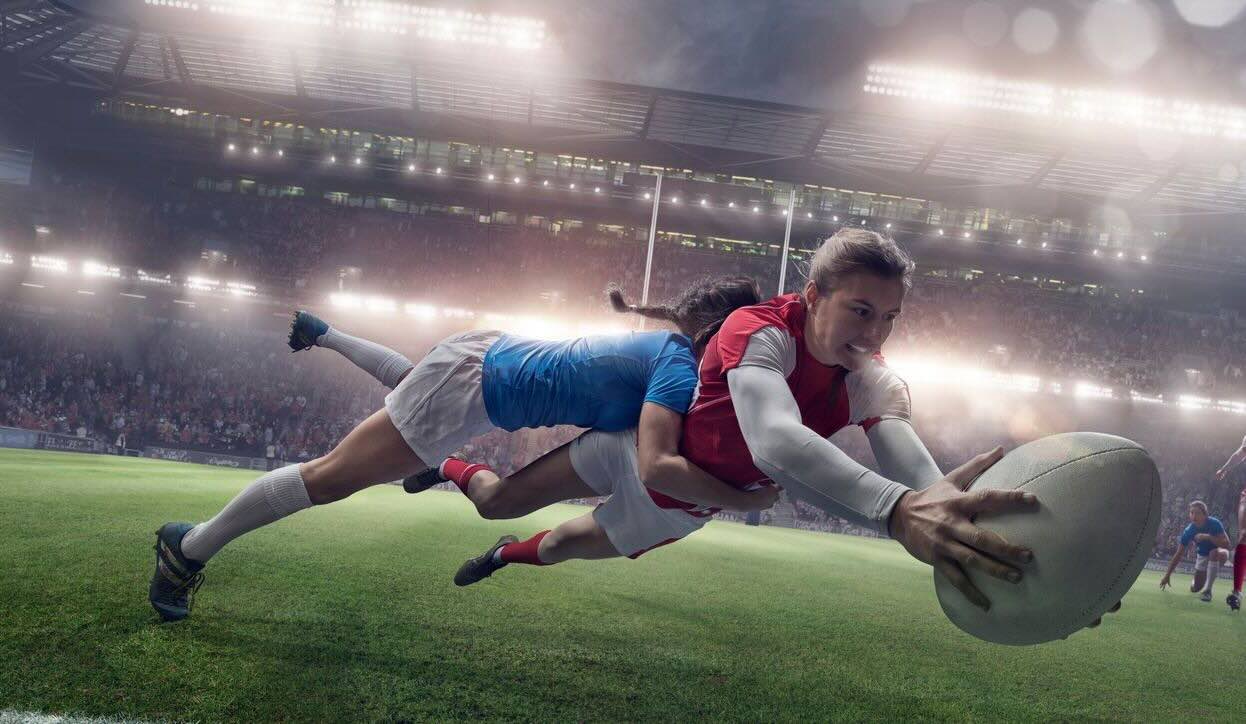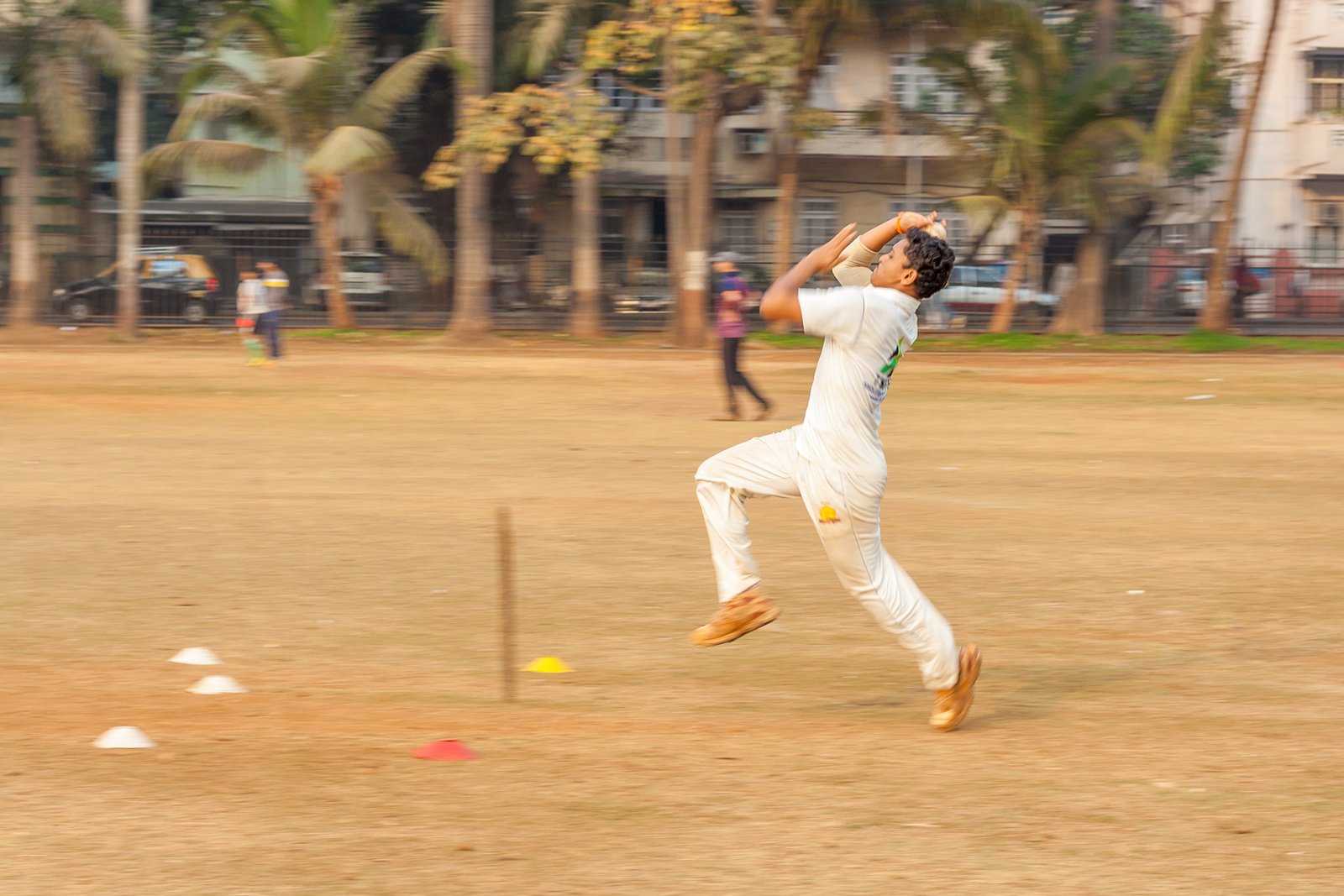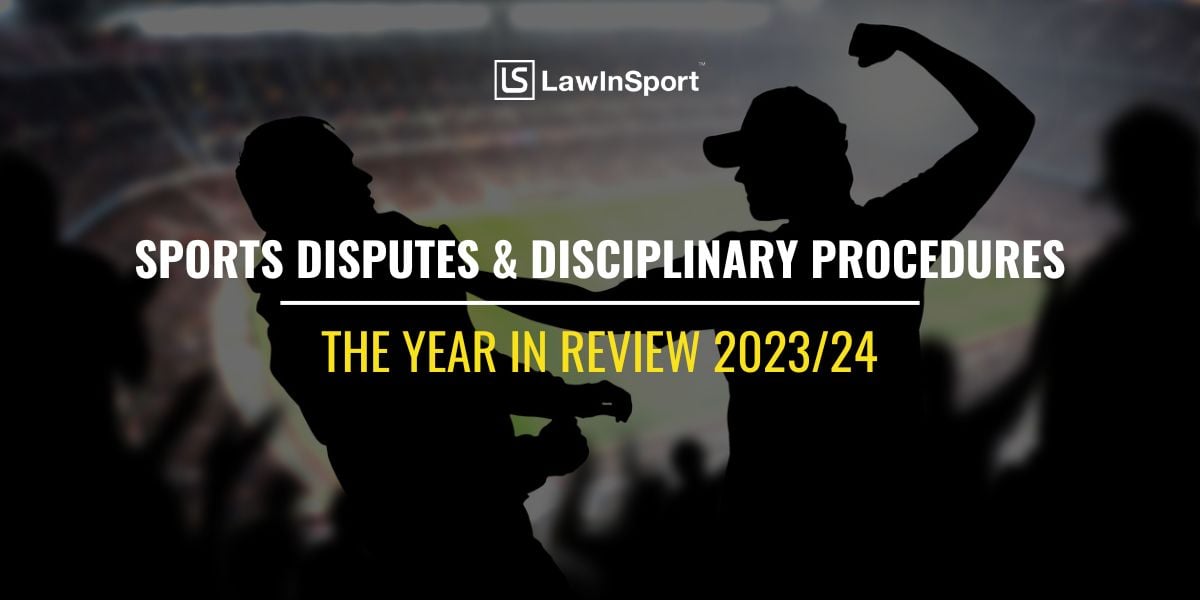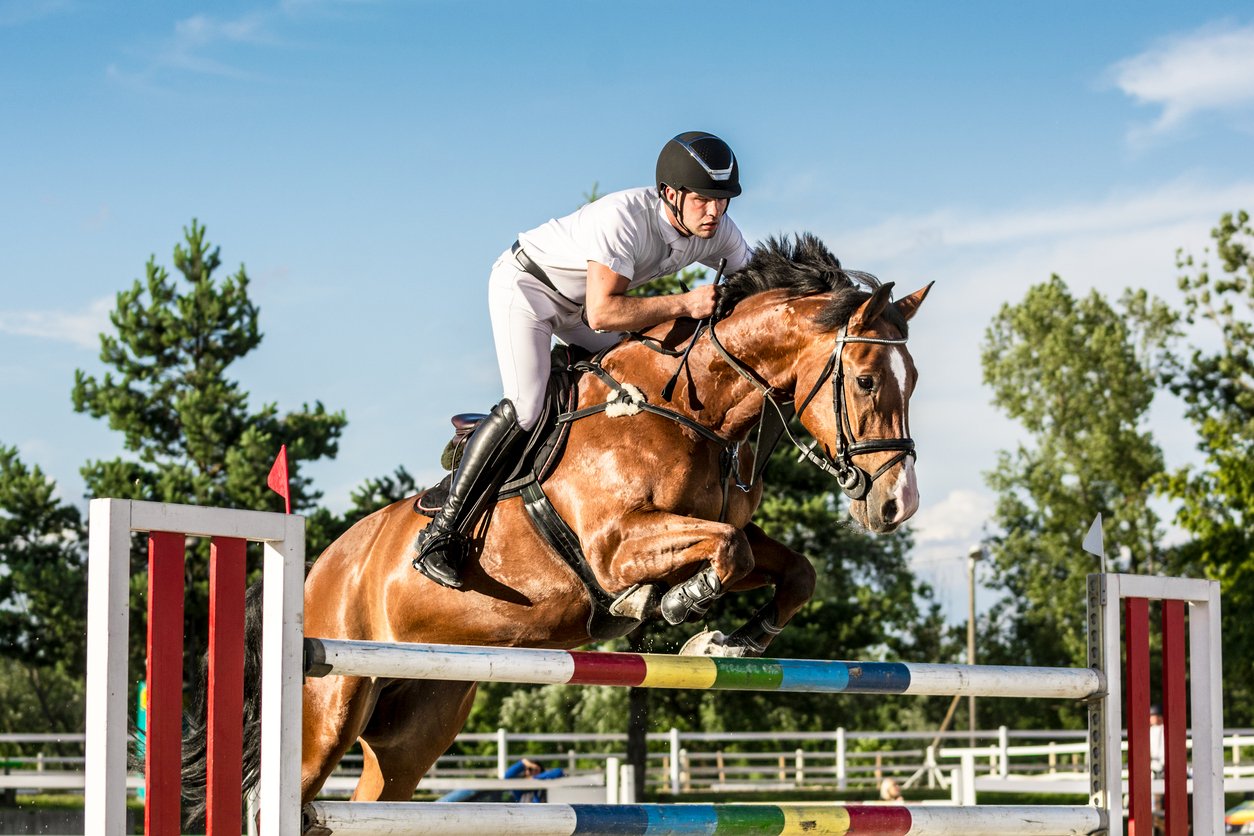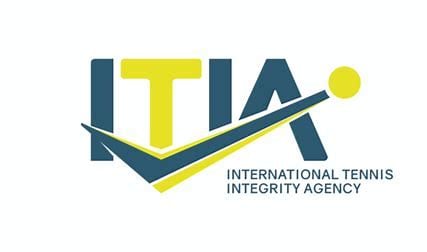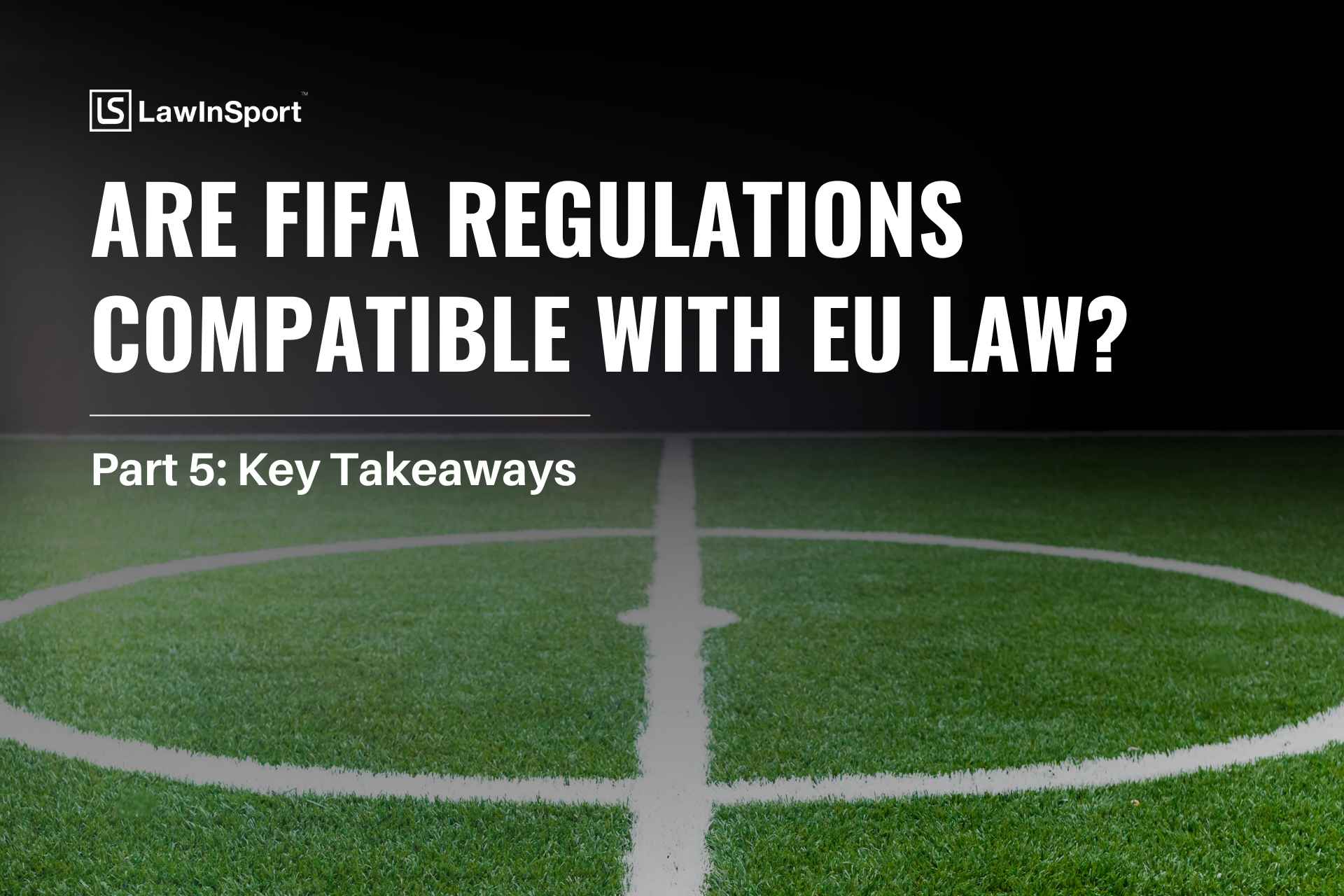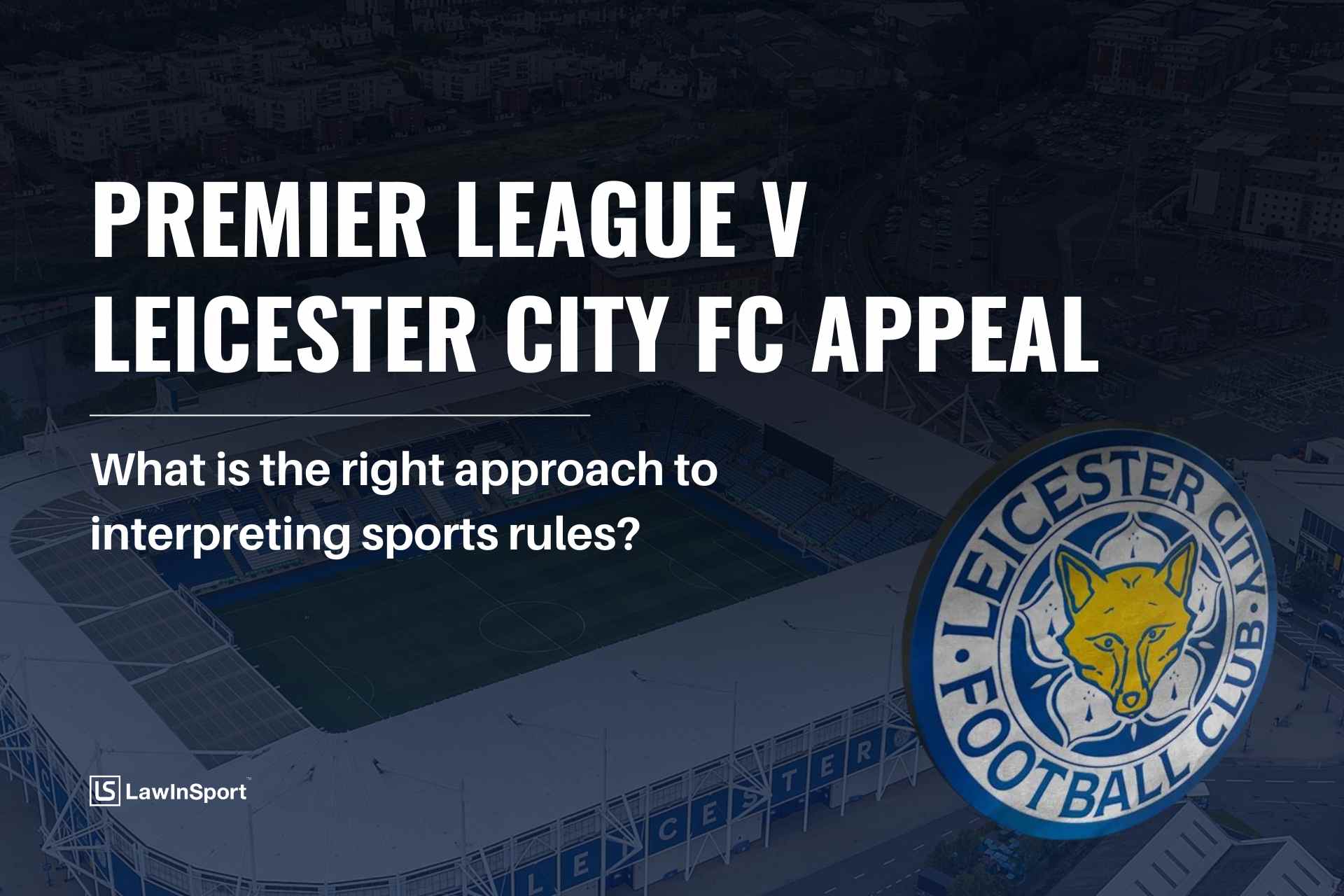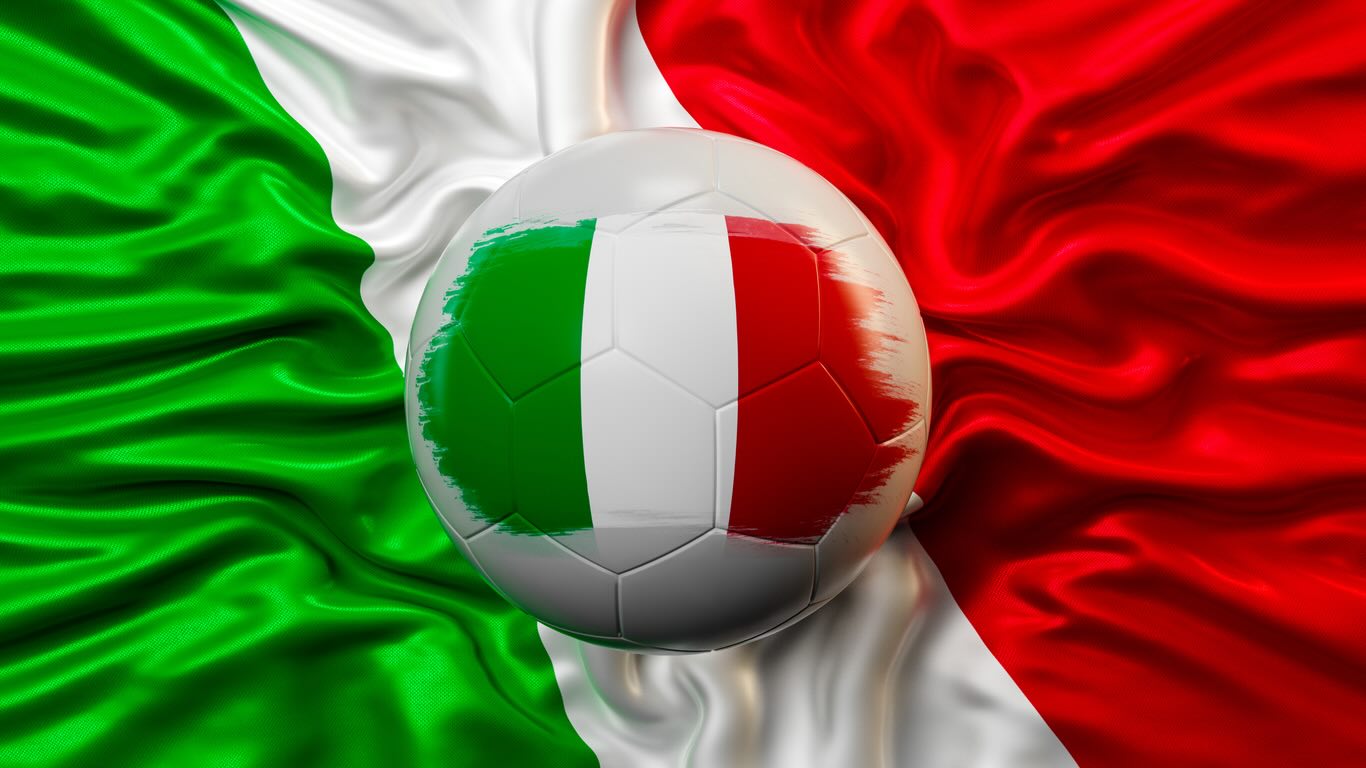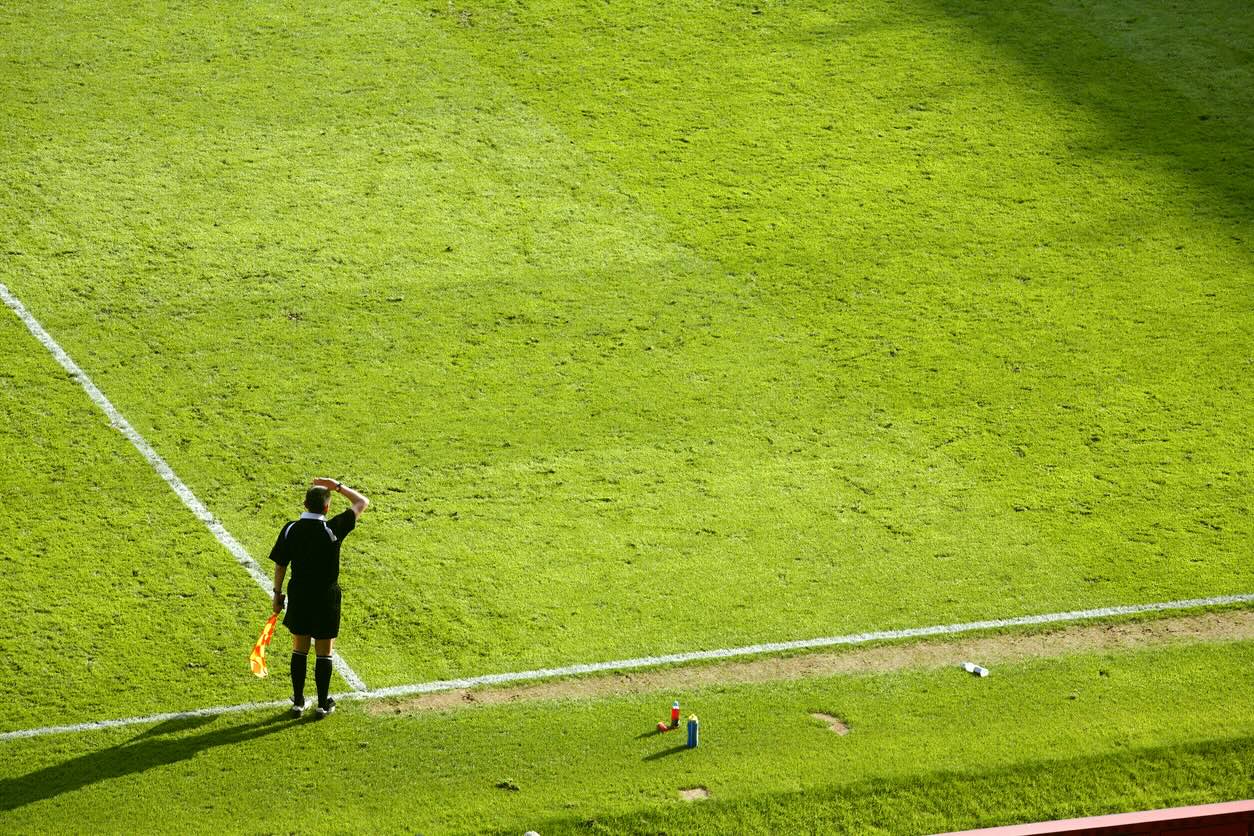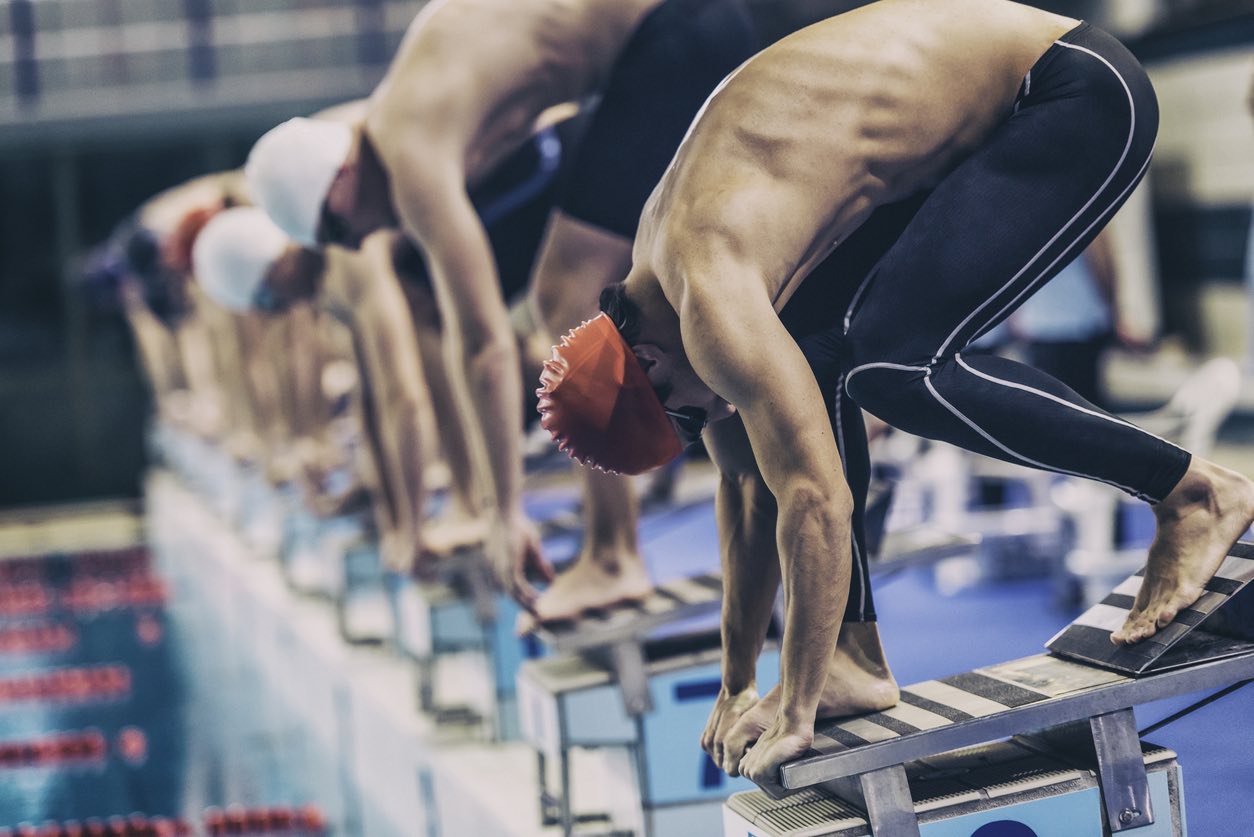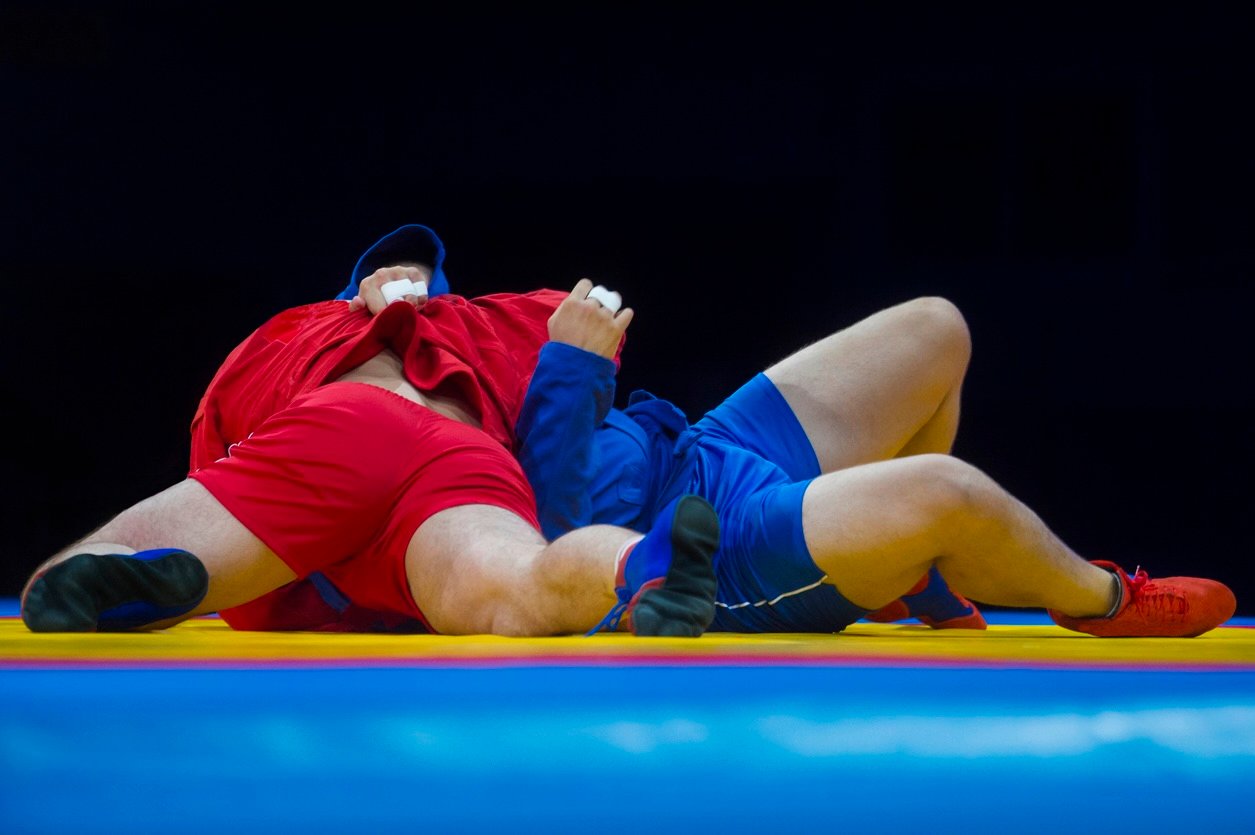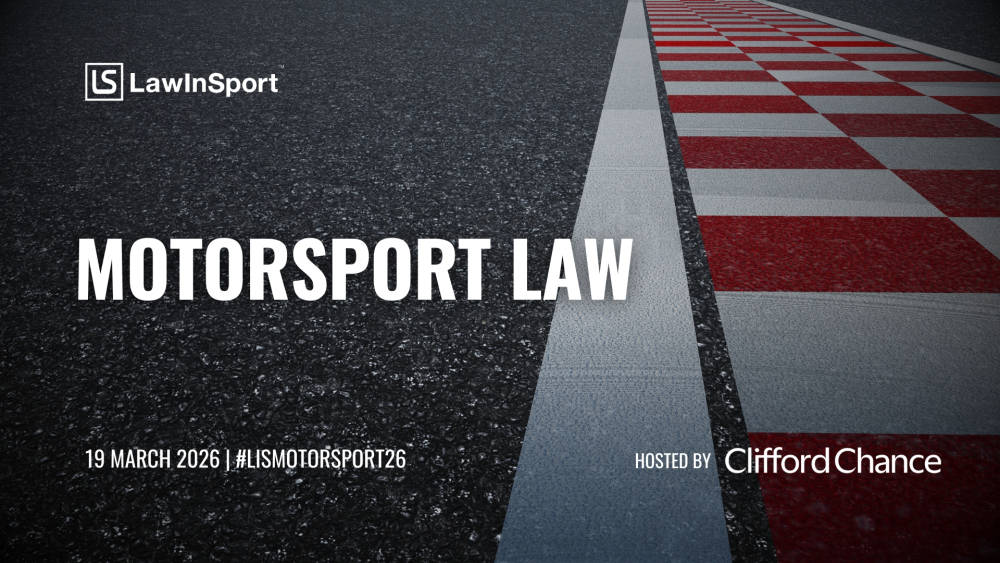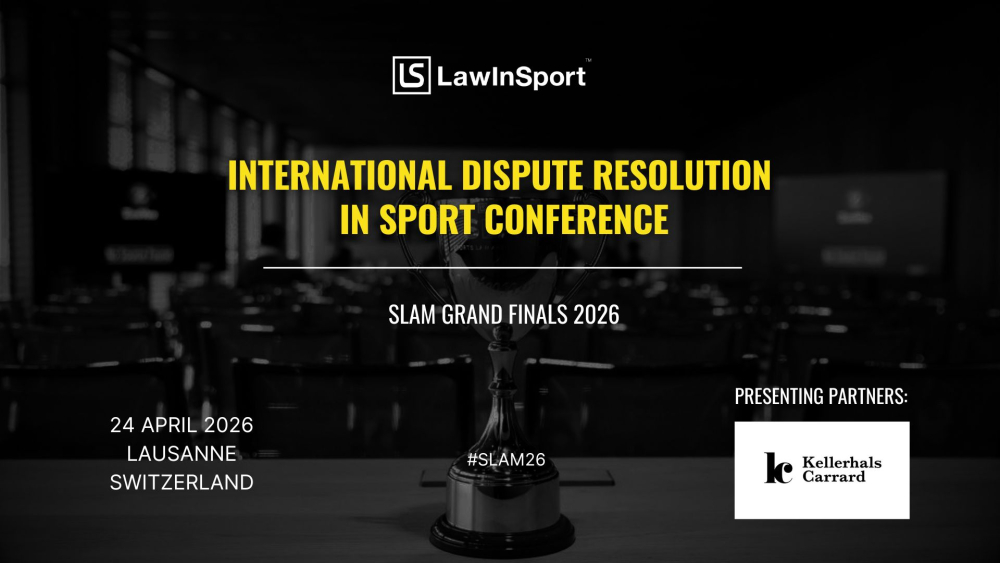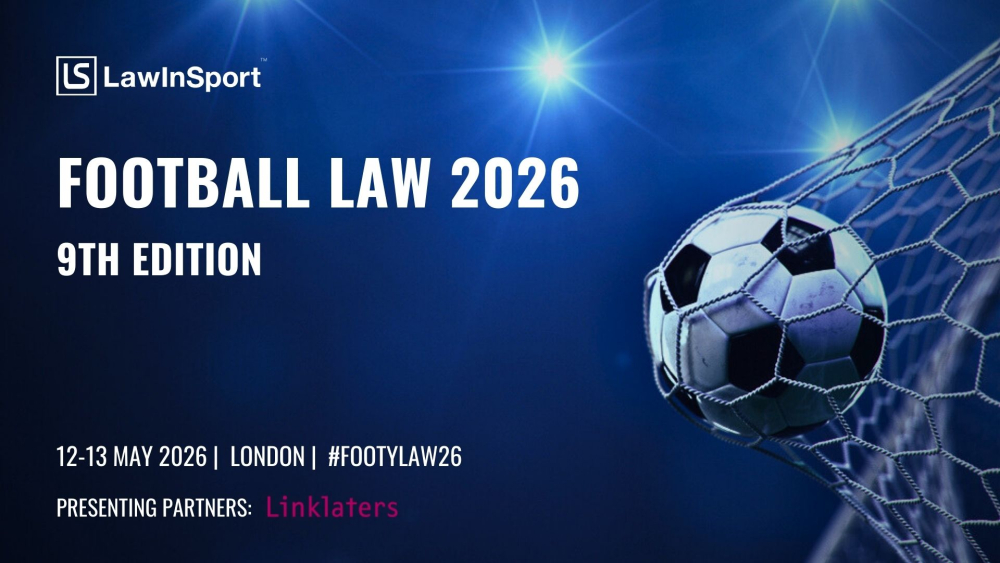Advocate General questions whether FIFA Regulations are compliant with EU Law: Violation of freedom of movement of workers? (Part 4)
Published Wednesday, 11 September 2024.
Advocate General questions whether FIFA Regulations are compliant with EU Law
Published Wednesday, 11 September 2024.
English contract law and football: Lessons from Appeal Board’s decision in the Leicester City case
Published Friday, 06 September 2024.
How to deal with UK pension assets if divorcing abroad: A guide for international athletes
Published Tuesday, 03 September 2024.
A silk’s story: what it’s like to experience and officiate at the Paris 2024 Olympics
Published Wednesday, 14 August 2024.
Tax on transfers to Spanish clubs: Supreme Court ruling in Neymar & James Rodríguez cases
Published Friday, 09 August 2024.
Olympic drone drama: How FIFA sanctioned the Canadian women’s football team for spying
Published Friday, 02 August 2024.
Drafting basketball player-agent contracts and avoiding disputes: Key principles from BAT awards (Part 1)
Published Thursday, 18 July 2024.
More than just a number: how India is trying to tackle age fraud in sports
Published Friday, 12 July 2024.
The battle over the employment status of professional athletes: Amy Pieters v. SD Worx
Published Friday, 05 July 2024.
Reassessing data protection in anti-doping – key points of Advocate General Ćapeta’s opinion
Published Wednesday, 03 July 2024.
Demystifying Andretti’s failed F1 bid & anti-dilution fees explained
Published Saturday, 29 June 2024.
Key considerations for athletes for selection disputes
Published Friday, 21 June 2024.
Leicester City's legal challenge: Unpacking the EFL and Premier League allegations
Published Tuesday, 18 June 2024.
Sport Disputes And Disciplinary Proceedings – Annual Review 2023/24
Published Monday, 17 June 2024.
An introduction to sports horse agreements - the buying and selling of equine athletes
Published Wednesday, 05 June 2024.
The Shijiazhuang 23 (Part 1) – The Investigation: New York Times, ARD & USADA vs CHINADA & WADA
Published Friday, 31 May 2024.
Are esports ‘sports’ enough? Bahrain dispute raises questions about CAS’ jurisdiction
Published Friday, 17 May 2024.
The need for FIFA to ensure that football federations set up National Dispute Resolution Chambers
Published Monday, 13 May 2024.
Trading cards and trading blows – A review of the Panini v. Fanatics antitrust lawsuit
Published Wednesday, 10 April 2024.
First human rights challenge before Swiss Federal Tribunal after Semenya decision: Reiterates narrow scope of right of appeal
Published Thursday, 14 March 2024.
Pizza Bulls Trademark: Divergent Decisions in UK and EU Highlight Complexities of Global IP
Published Tuesday, 27 February 2024.
Case resolution agreed with Jenson Brooksby
The International Tennis Integrity Agency (ITIA) can today confirm that an agreement has been reached with American player Jenson Brooksby, which sees their period of ineligibility reduced to 13 months.
In October 2023, Brooksby - who reached a career-high world singles ranking of 33 in 2022 - was issued an 18-month suspension by an independent tribunal for missing three anti-doping tests in a 12-month period. However, new information relating to the circumstances giving rise to the missed tests - which had not previously been available to the ITIA or the independent tribunal during the initial hearing - was submitted as part of the player’s Court of Arbitration for Sport (CAS) appeal proceedings.
On the basis of a detailed review of the new information, the ITIA, in consultation with the World Anti-Doping Agency (WADA), determined that the player’s degree of fault for the Anti-Doping Rule Violation (ADRV) should be reassessed.
Following reassessment, the ITIA, WADA, and the player’s representatives agreed that Brooksby’s fault for the ADRV was not as high as previously found by the independent tribunal, and a 13-month sanction was appropriate. The sanction will be backdated to the date of the player’s third and final missed test. As such, Brooksby’s suspension is deemed to have begun on 4 February 2023, and will end on 3 March 2024. In reaching an agreement with the ITIA, the player has withdrawn their appeal to CAS.
Due to the nature of the new information disclosed, it is not possible for the ITIA to discuss the specific details behind the reassessment or offer further comment.
A Guide To How Trade Marks Work In Formula One®
Published Tuesday, 06 February 2024.
Advocate General questions whether FIFA Regulations are compliant with EU Law: Are they restrictive of competition? (Part 3)
Published Wednesday, 11 September 2024.
cAdvocate General questions whether FIFA Regulations are compliant with EU Law: Key takeaways (Part 5)
Published Wednesday, 11 September 2024.
Balancing act: CAS challenges and the 'field of play' doctrine in Olympic gymnastics (Chiles & Maneca-Voinea cases)
Published Friday, 06 September 2024.
Premier League v Leicester City FC appeal: What is the right approach to interpreting sports rules?
Published Thursday, 05 September 2024.
Navigating dispute resolution for technical directors in football
Published Tuesday, 27 August 2024.
Guidance on PSR Rules from Premier League’s Independent Commission in Leicester City’s case
Published Friday, 09 August 2024.
The evolution of betting and match-fixing regulation in Italian football – key regulations and cases
Published Tuesday, 06 August 2024.
Drafting basketball player-agent contracts and avoiding disputes: Key principles from BAT awards (Part 2)
Published Thursday, 18 July 2024.
‘Golden Mitigation’ in football: Lessons from the Nottingham Forest's Profitability & Sustainability Regulations Appeal decision
Published Monday, 15 July 2024.
Key sports law cases in Australia – Part 2: Social media & anti-doping
Published Tuesday, 09 July 2024.
No independent judge, no EU review: Anti-doping case dismissed by ECJ
Published Wednesday, 03 July 2024.
Manchester City's legal action & the Premier League’s regulations on Associated Party Transactions
Published Tuesday, 02 July 2024.
Ensuring fair play in the sports courts – why we need disclosure guidelines in sports disciplinary proceedings
Published Tuesday, 25 June 2024.
Navigating the use of image rights for Polish National Football Team Players
Published Wednesday, 19 June 2024.
Professional golf at a crossroads: what next for the PGA Tour & LIV Golf?
Published Monday, 17 June 2024.
An analysis of Sandro Tonali's FA Betting Rules breach case & key takeaways for players
Published Friday, 14 June 2024.
The Shijiazhuang 23 (Part 2) – Why didn't WADA challenge CHINADA’s decision? And should they have done?
Published Friday, 31 May 2024.
The “Luxemburg VAR”: How the EU’s preliminary ruling procedure works
Published Thursday, 23 May 2024.
Swiss Federal Tribunal rules on clause excluding FIFA & CAS jurisdiction through footballer’s employment contract
Published Wednesday, 15 May 2024.
Slam dunk justice: The BAT’s game-changing Payment Order Procedure for basketball disputes
Published Friday, 12 April 2024.
The FA v Kian Harratt - Context and Individuality in The FA’s Betting Rule Enforcement
Published Wednesday, 27 March 2024.
The battle for live sports data - IMG Arena score first in dispute with Perform
Published Thursday, 14 March 2024.
UEFA as a neutral regulator of football tournaments? What is to come from the CJEU’s Superleague judgment?
Published Monday, 26 February 2024.
Swiss Federal Tribunal reiterates the importance of time limits to safeguard procedural fairness
Published Tuesday, 13 February 2024.
Balancing parallel governing body and police investigations: When to press pause and when to push back
Published Friday, 26 January 2024.
